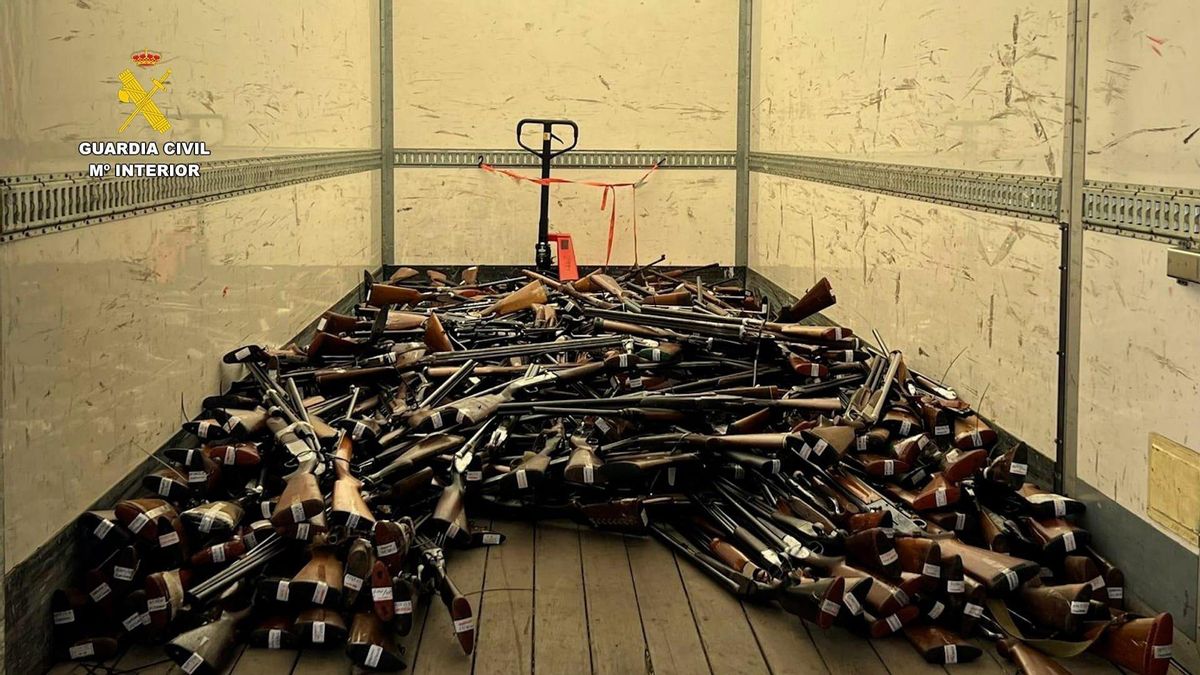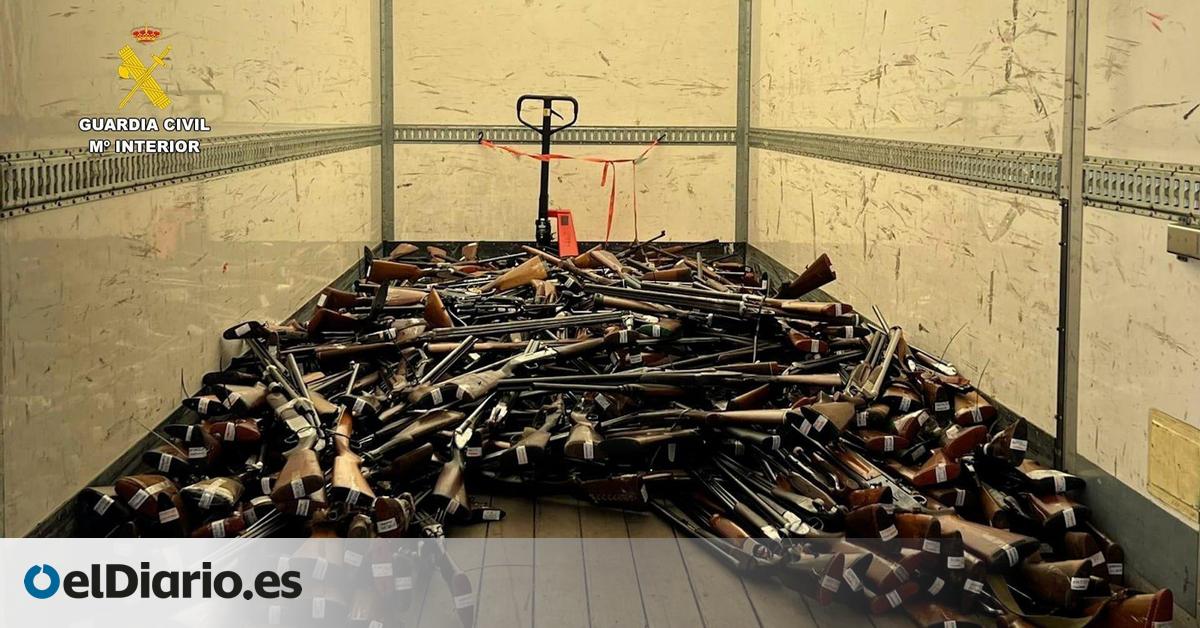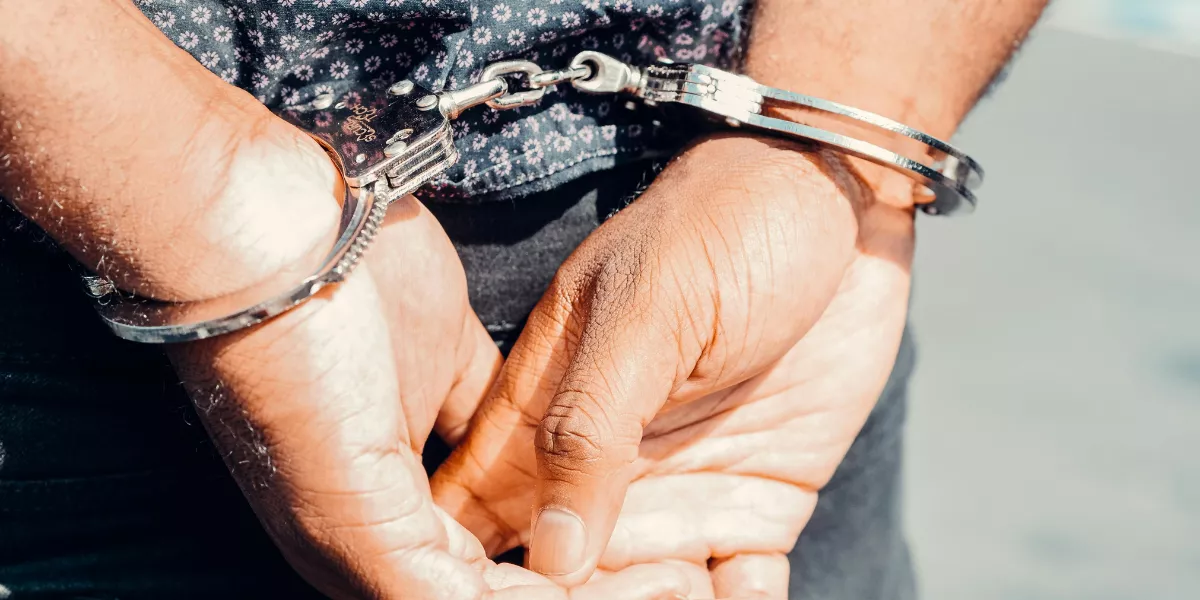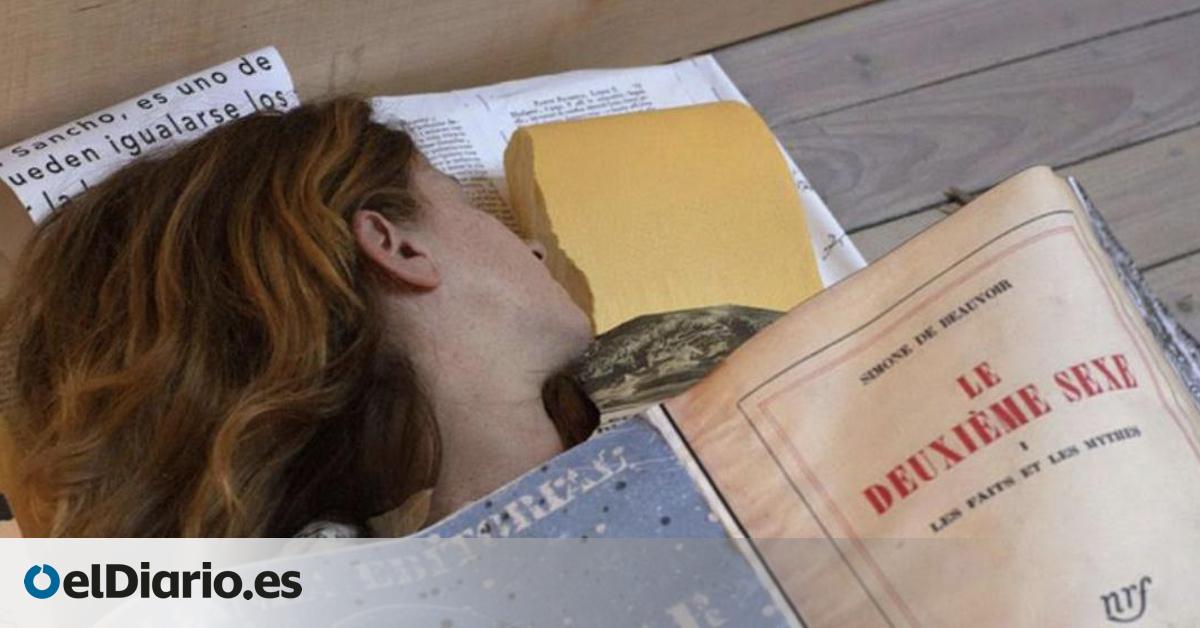Destruction of Over 1,500 Firearms in Las Palmas

This operation aims for their definitive withdrawal from circulation to ensure they never end up “in the wrong hands.”
Collaboration in Destruction Efforts
The Intervention of Weapons and Explosives in the Command of Las Palmas, in collaboration with the Mobile Material Service of the Civil Guard, as well as the commands in Cádiz and Seville, has destroyed over 1,500 firearms in September. These firearms had been deposited at various Weapons and Explosives Interventions in the province and will be melted down to become everyday objects.
The Civil Guard explains that this action, conducted in accordance with the current Weapons Regulations, aims to permanently remove these firearms from circulation so that they do not end up “in the wrong hands.” This contributes to enhancing the safety of all citizens.
Transformation Process
In this context, the firearms were transported to a steel company located on the peninsula, where they will undergo a melting process. The steel obtained will be used to manufacture new everyday objects. This will close a cycle in which “instruments created long ago to cause harm are now transformed into useful elements for daily life.”
Types of Firearms Destroyed
The destroyed pieces include a large number of shotguns, as well as rifles, carbines, pistols, revolvers, air weapons, spear guns, knives, and alarm and signalling devices, among many other types.
Reasons for Deposit
Several reasons contributed to these firearms being deposited. Some belonged to owners who explicitly requested their destruction, while others were subject to judicial or administrative resolutions. Additionally, there were firearms deposited at the request of individuals that exceeded the maximum retention period of one year, as well as prohibited weapons lacking a serial number, brand, or official stamps.
Integrated Firearms Control Plan
This operation is part of the Comprehensive Firearms Control Plan (PICAF), a global strategy designed to comply with both national legislation and the United Nations directive on firearms.
With the PICAF, the Civil Guard seeks to prevent “such grave risks” as illegal trafficking, the improper recovery of deactivated firearms, the conversion of alarm or air weapons into real firearms, and even the artisanal manufacture of devices capable of firing projectiles.














